Atlantica Magazine
Young professionals are often an unheard voice in policy discussions. More often than not, however, it is their insights that we need to break hardwired, outdated ideas about foreign policy and transatlanticism. Atlantica aims to amplify the voices of the young generation of transatlanticists. Our team is committed to publishing your article. Each issue features three articles per month on a theme selected by the Atlantic Forum team, in conjunction with NATO’s Public Diplomacy Division.
Find our latest
Atlantica publications here:
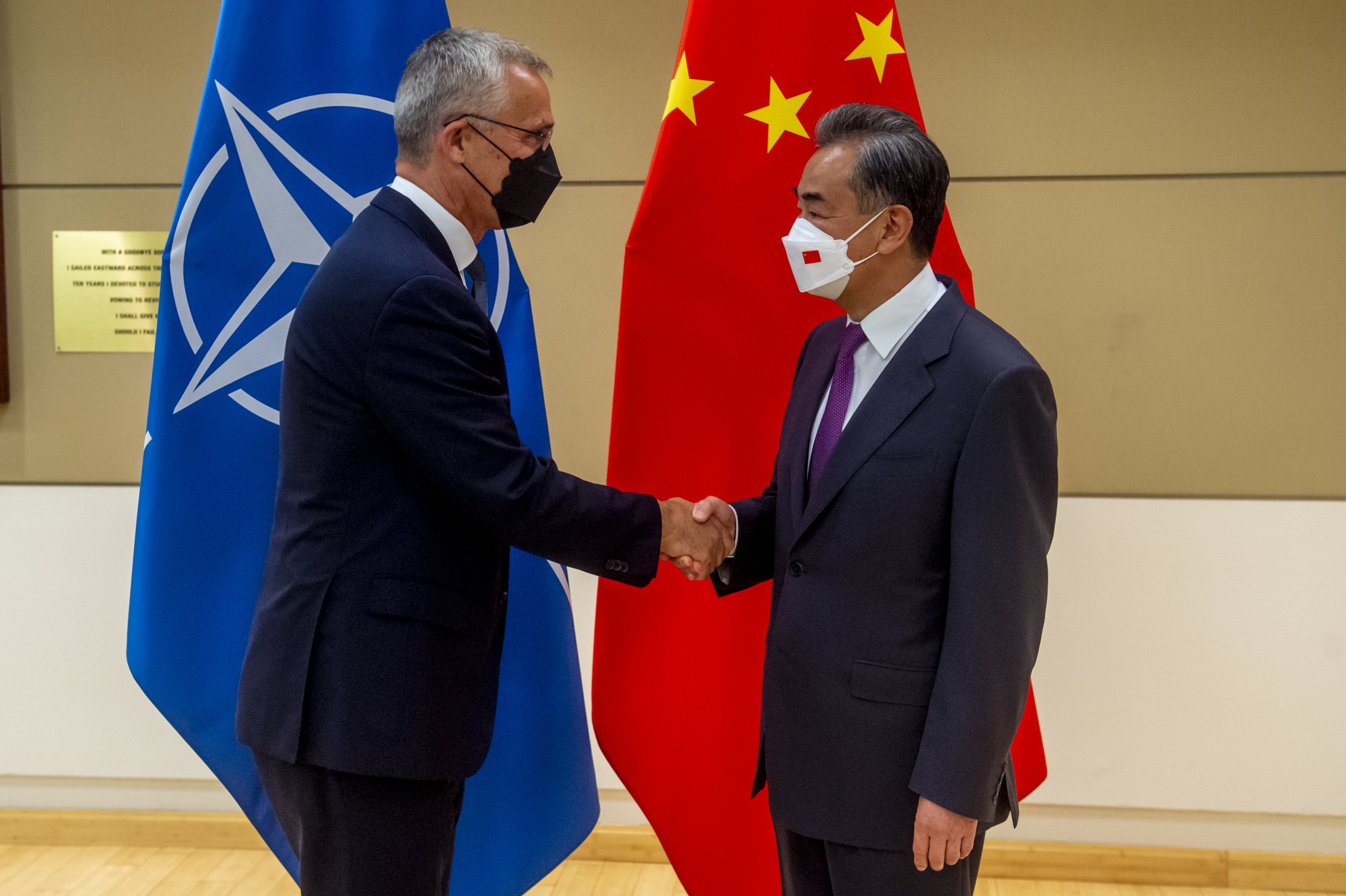
Of Discernment and Restraint: Proliferation, Iran, and Lessons for the West’s China Policy
Western powers, including NATO, should adopt a policy of discernment differentiating truly threatening aspects of China’s rise and behaviour from others. China’s policy on Iran is an example of such a policy. One step forward in adopting such a discerning policy, safeguarding against threats without needlessly increasing tensions, would be establishing direct communications between NATO and militaries in the Far East and launching a NATO-wide general cybersecurity strategy.
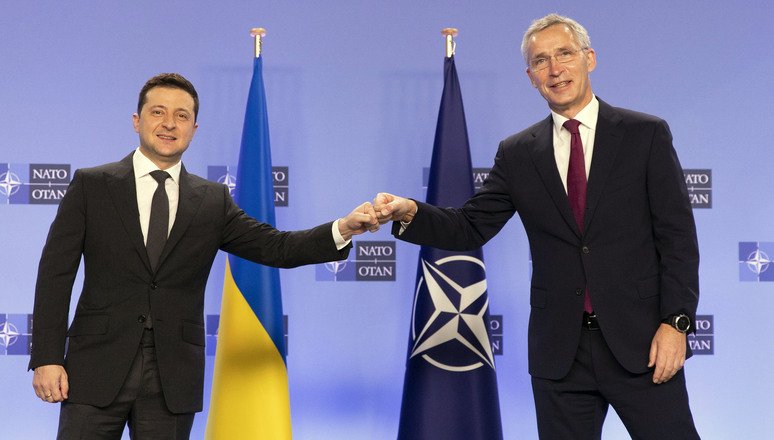
NATO Support to Ukraine as One of the Most Important Aspects of the War
NATO member states and their support to Ukraine is crucial in the Russia-Ukraine conflict. Aid has been provided since the very beginning of the war and could be divided into three categories: military aid, humanitarian aid, and political support. Without this support, the situation of refugees, Ukrainian battlefields, and public awareness of the conflict would be undeniably different. Solidarity has reached unprecedented proportions in this conflict. It has been clear since the beginning of the war that Western countries and NATO member states are willing to support Ukraine in its fight against Russian aggression unanimously.

A High North Coast Guard for NATO: The need for more Arctic maritime awareness in NATO’s Strategic Concept
With the recent submissions by Finland and Sweden—two prominent Nordic and Arctic powers—to join NATO, the Alliance must use this momentum to reinforce its strategic outlook towards the Arctic and reconceptualize how it can incorporate its core tasks of deterrence and defence, crisis prevention and management, and cooperative security towards a time-sensitive regional strategy. To demonstrate the need for the Alliance to implement an Arctic strategy, this article will showcase how NATO can build off its core tasks to fast-track a strategy that will expand its presence in the Arctic by enhancing its capabilities to respond to emerging security issues that will test the Alliance’s regional resilience while fortifying its ability to deter and defend against growing Russian Arctic militarization and Chinese extra-regional engagement.
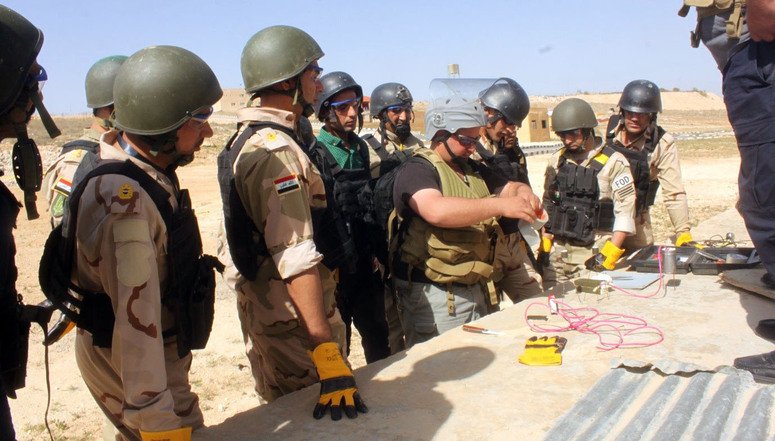
EU–NATO Cooperation: New Perspectives on Security Force Assistance
The EU and NATO have developed close cooperation in different areas, such as military mobility and strategic communication. Today, the current situation obliges the EU to improve its interconnection with NATO, particularly in the fields of the defence capacity building (DCB) and security force assistance (SFA) activities. To this end, the two organisations must urgently build an operational framework to enforce their joint interventions, avoiding overlaps, lack of communication, and other assistance issues.
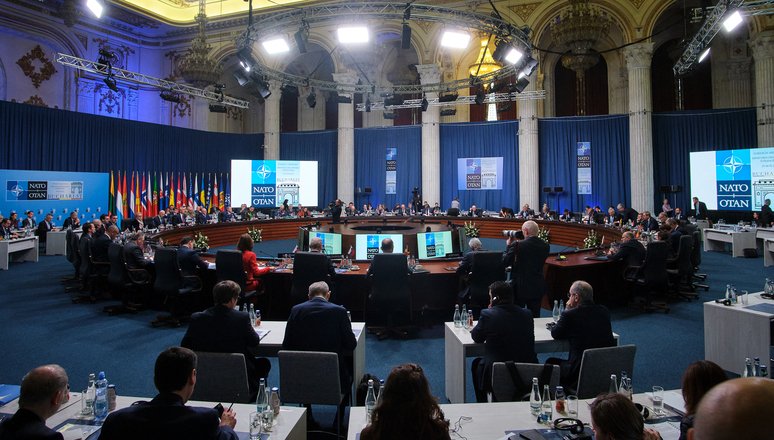
Is China a threat to NATO?
Is China really a threat to NATO? With the EU economy struggling with inflation, and China heavily involved in the European economy, there is reason to be concerned. If China can exploit its position within the EU, it may be able to significantly impact unity among NATO members. Therefore, NATO must stay united in order to succeed against China’s hostile economic manoeuvring.
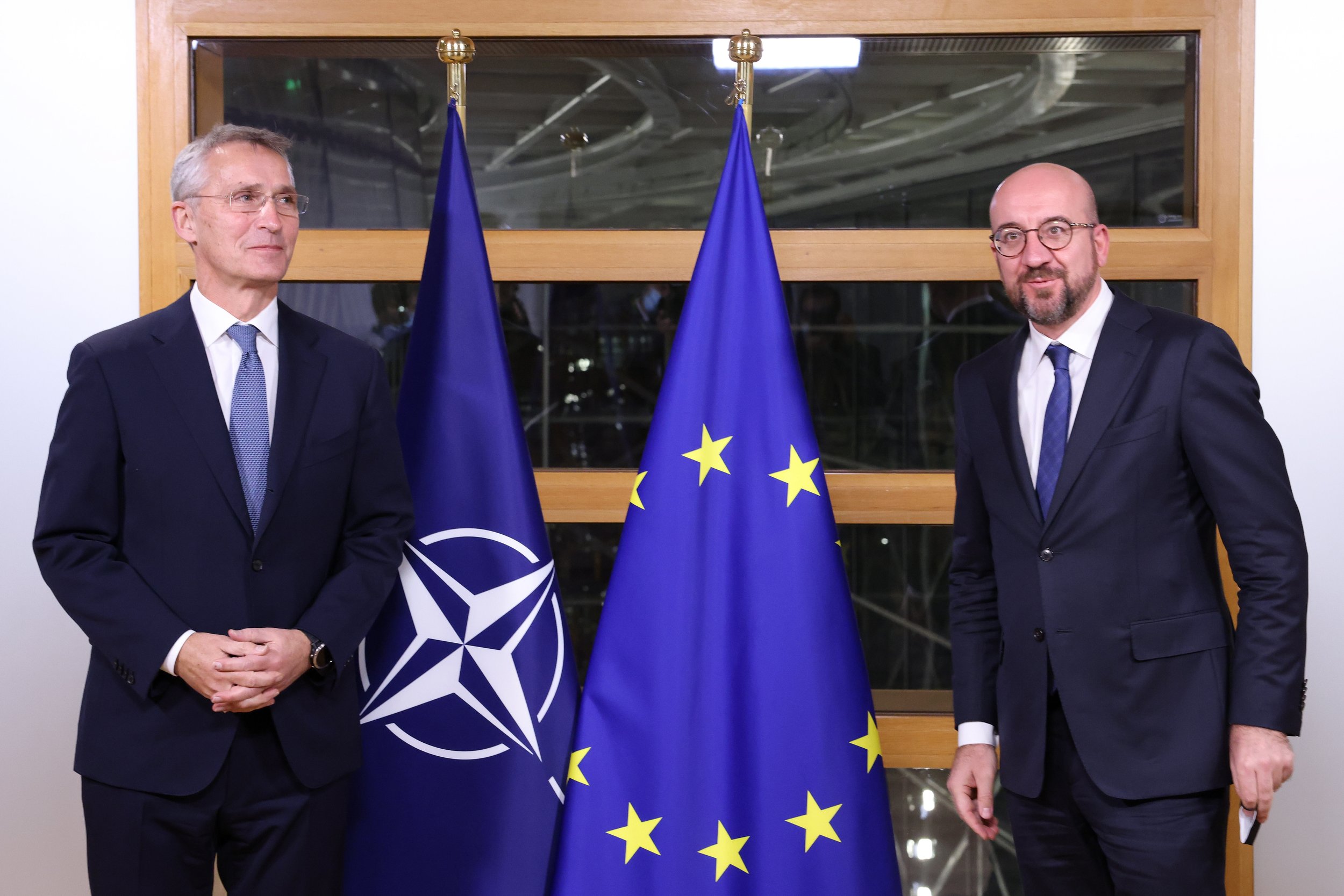
Strategic Concept and Strategic Compass: A Hypothesis of the NATO-EU Division of Labour
The Russian invasion of Ukraine has shaken up the normative foundations of the post-Cold War order, so much so that it has prompted both NATO and the EU to update their strategic outlook on security and rethink priorities for the decade ahead, producing, respectively, a new Strategic Concept and a Strategic Compass. The aim of this article is to evaluate, in light of these two documents, the areas and directions in which a European defence system could develop while still seamlessly articulating NATO’s purpose, values, and initiatives.
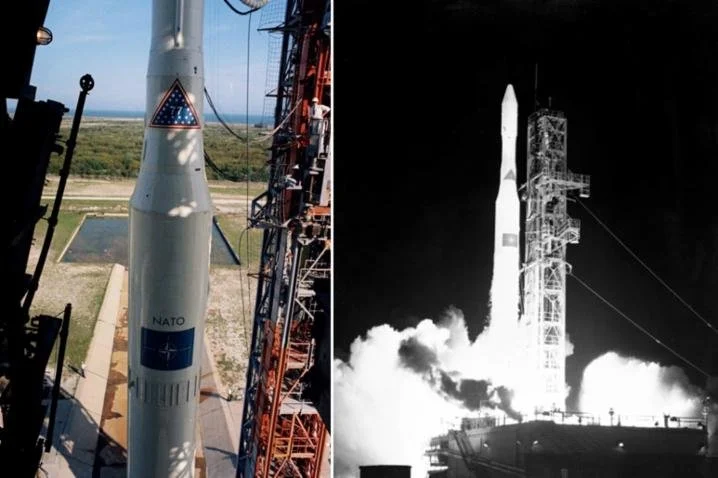
Perspectives for NATO-EU outer space cooperation in face of the new international order
Threats to the Euro-Atlantic security environment continue to increase due to Russian aggression towards Ukraine, supported by a handful of states on the international level, openly or not. Threats to the space systems of the EU and NATO member states are no exception. Both NATO and the EU seek to engage with their closest partners—in this case, with one another—to avoid mirroring potential missions and operations. Although both institutions declare close cooperation in the matter of outer space, neither has pointed to areas where they might work together. Once these areas are identified, they would add value to the already existing basis for cooperation and could strengthen Euro-Atlantic security.
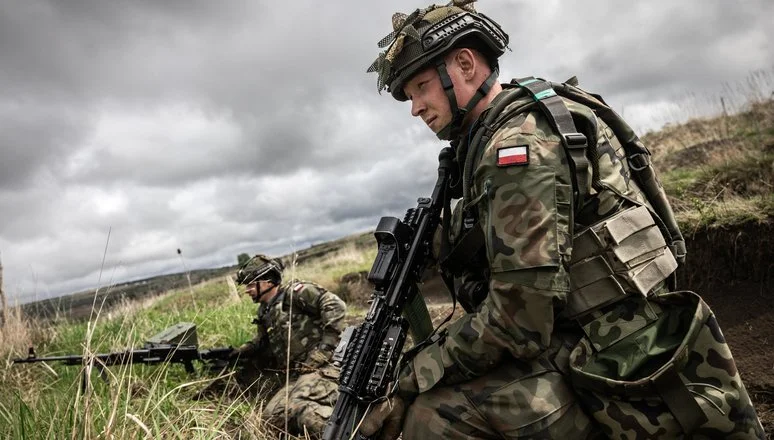
The Ukraine Watershed for Strengthening NATO-EU Cooperation
The Russian military invasion of Ukraine on 24 February 2022 marked a watershed moment in European defence. The unprecedented flurry of this activity illustrates the extent to which the European security and defence environment has been shaken by Russia’s aggression against Ukraine. In order to meet the challenge of providing deterrence against Russia while enhancing the ability to tackle other threats on the global scale, cooperation between the EU and NATO will be decisive. In facing the crisis in Ukraine, NATO and the EU have shown the political will to develop this, with elements of progress already made. While the initial signs are promising for the future shape of NATO-EU cooperation, it is ultimately down to policymakers in NATO and EU member states to take full advantage of this window of opportunity.
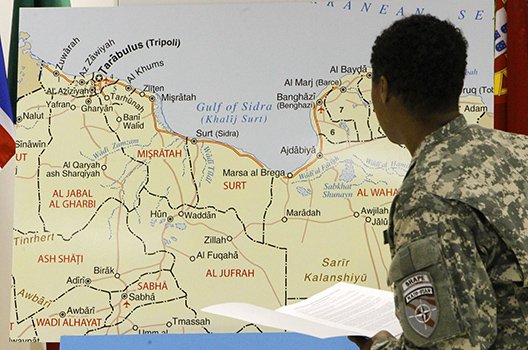
The Southern Flank: Opportunities and challenges for the Atlantic Alliance
The challenges coming from the South are multiple and unconventional: security (especially regarding terrorism), policy and states’ stabilization, demography, economy, and migration. The impact of climate change is also a significant issue for this region. This paper shows that the challenges posed by NATO’s two major competitors—Russia and China—also encompass the MENA region. Alongside such state actors, NATO must face multiple non-state actors in the region, endangering the stability of its Southern partners.
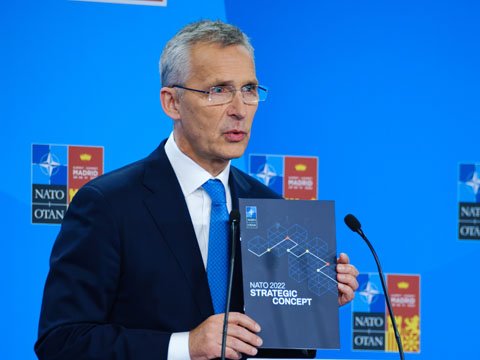
Towards a more secure Euro-Atlantic Region: The New Strategic Concept
During the Madrid Summit on 29–30 June 2022, NATO’s New Strategic Concept was adopted, emphasizing NATO’s core tasks: deterrence and defence, crisis prevention and management, and cooperative security. The concept assesses the current threat environment: it points out that Moscow has built up its military capacities, Iran and North Korea have improved their nuclear and missile programmes, and the People’s Republic of China has expanded its nuclear arsenal. In response to these conditions, the current global order requires a stronger alliance between the Euro-Atlantic region, including on matters of arms control and nuclear deterrence in the Euro-Atlantic region.